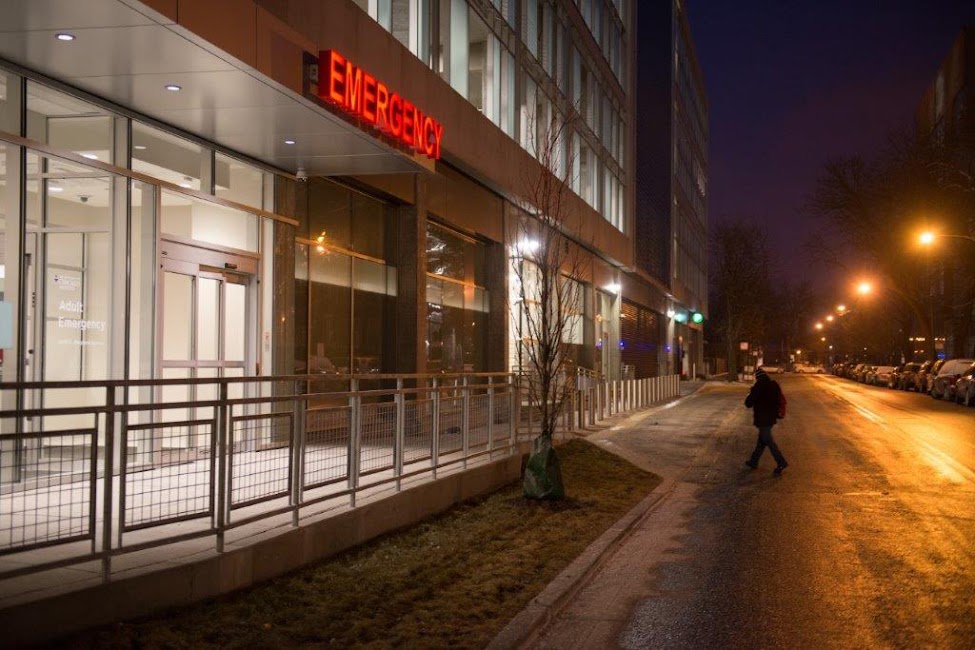Addressing Intentional Violence and its Root Causes
by Kate Dohner, Senior Writer, University of Chicago Medicine and Biological Sciences Development
 |
| Image courtesy of University of Chicago Medicine - Adult Trauma Center |
Violence in Chicago has become a national headline: “More Than 100 People Were Shot in Chicago Over the Fourth of July Weekend” (Time), “3-year-old boy among 7 wounded in Englewood shooting” (Chicago Sun Times).
The University of Chicago Medicine seeks to change this story. With one-third of the City’s homicides and violent crimes occurring within five miles of its campus, UChicago Medicine has the opportunity to not only deliver much-needed care to survivors of intentional violence but to become a proving ground for evidence-based interventions that reduce the number of patients who experience repeat violence.
Since opening in May 2018, UChicago Medicine’s Adult Level 1 Trauma Center has had more than 700 patient encounters, an average of 10 patients per day. Of those, 40 percent were directly related to community violence.
Recognizing that the epidemic of intentional violence calls for more than expert medical care, UChicago Medicine created the Violence Recovery Program, which provides intervention and ongoing, assertive case management to patients. Developed in concert with community leaders, more than 30 community organizations, and national experts, the program offers a holistic recovery for not just the patient, but for everyone affected by a trauma.
Philanthropic partners, like the Robert R. McCormick Foundation, are helping make this work possible. We envision a program that builds on current knowledge and resources; develops and tests new models of intervention and prevention; and provides infrastructure for program evaluation and research on many fronts. UChicago Medicine seeks to develop solutions that can benefit the City of Chicago and serve as a model for communities nationwide.
 |
| Image courtesy of University of Chicago Medicine - Adult Trauma Center |




Comments
Post a Comment